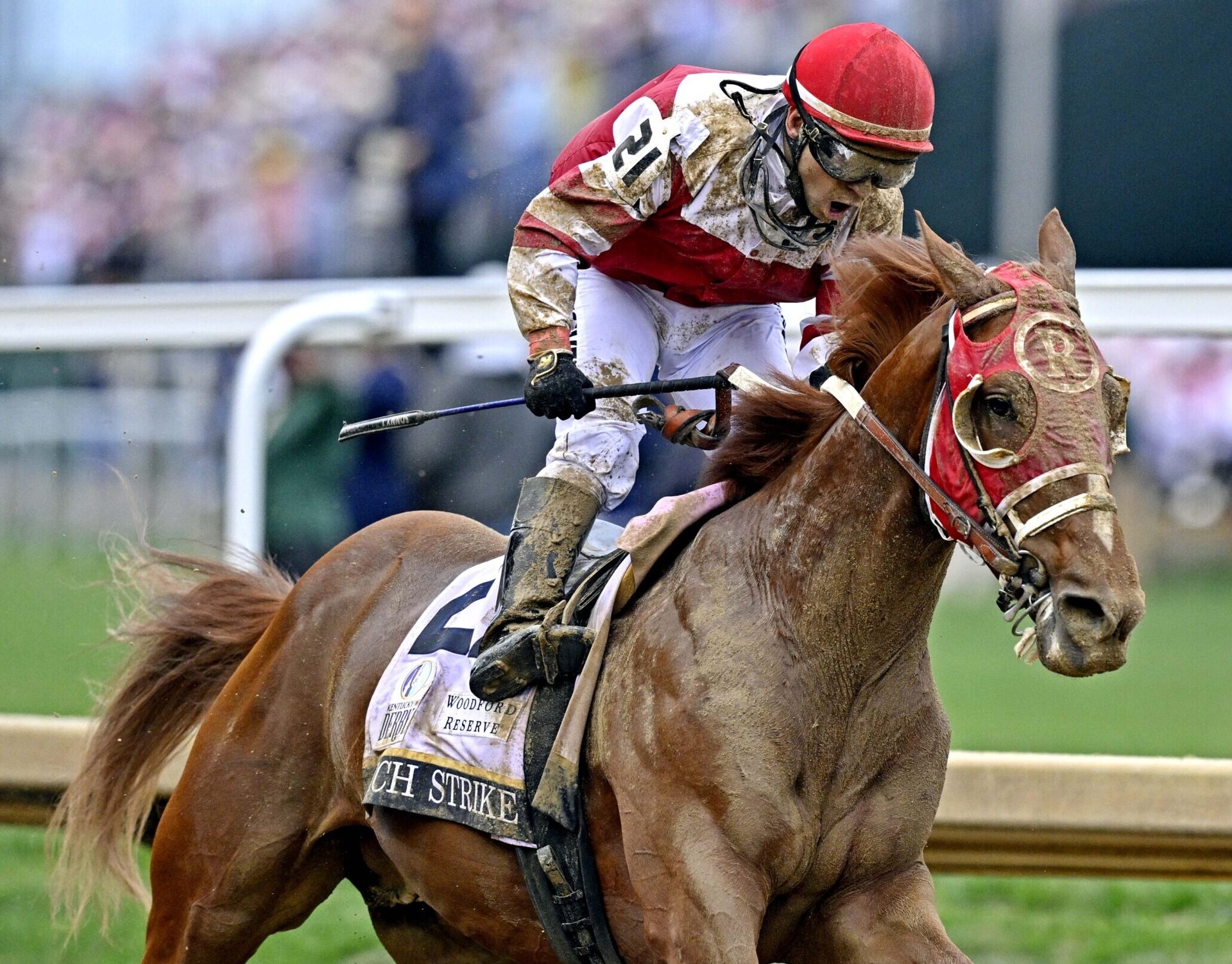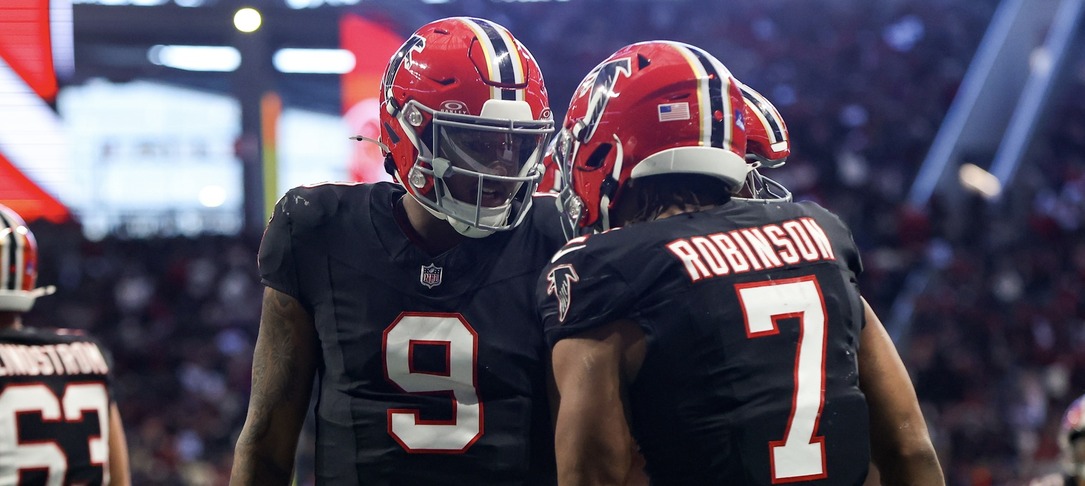With Californians set to vote on legalized sports betting in November, a recent USA Today column made a case for sports betting as the lifeline to the horse racing industry. Let’s be honest, horse racing desperately needs it.
According to Aidan Butler, COO of the Stronach Group, “With sports wagering, you’ll draw people in before the races wanting to come hang out, having a drink, eating and bringing new energy to the old building that we have worked so hard to keep spectacular.”
Horse Racing’s Woes
It’s no secret that the racing industry has been in a state of decline for several decades. An aging customer base, more gambling competition, a waning interest in horse racing, and ongoing criticisms from animal rights activists have led to a contracting industry with fewer races, smaller attendance numbers, and numerous track closures, including some of the most historic racing venues in the country.
That said, racing is still a multi-billion-dollar industry. Still, the downward trend has been a concern for years, and nothing on the horizon indicates a horseracing renaissance is in the cards.
Pari-mutuel thoroughbred wagering generated $15.8 billion in 2003, but has dropped to $12.2 billion as of 2021, a 45% decline during that time period when adjusted for inflation (figures via Penn National's Christopher McErlean and the Jockey Club)
— Ryan Butler (@ButlerBets) July 8, 2022
Racing Is Stagnant
Unlike the gaming industry writ large, the horseracing industry has failed to evolve in any meaningful way. The only discernable difference between a race in 1952 and 2022 is the crowd size. Horseracing can’t make an NFL-like rule change to increase scoring or add a three-point line to increase interest. Nor has there been a significant change in the performance of horses over time.
To evolve, some racetracks have turned into racinos, others have fought to add historical horse racing machines, and others have simply ceased live racing and morphed into off-track betting parlors.
In many states, racing is a largely subsidized industry, with funds coming from the government, including other forms of gambling. Furthermore, the overall numbers are somewhat misleading, as the handle at live events is propped up by online ADW betting.
Enter Sports Betting
Racing has been searching for something, but a pivot has proven difficult. At least until now.
Since the fall of PASPA in May 2018, racetracks have been doing their best Princess Leia impression, all but declaring, “Help me sports betting, you’re my only hope.”
The pleading makes sense. Sportsbooks and racebooks are complementary products and should fit together like two pieces of a puzzle. But only some states see it that way, and even where racetracks have been cut into sports betting bills, in most cases, they have been limited to retail betting or exempted from master licenses.
If we eliminate racinos (which are, without exception, casino-focused), only five states allow racetracks to be master sports betting license holders:
- New Jersey
- Illinois
- Louisiana
- Maryland
- Nebraska
Two other states allow racetracks and/or OTBs to operate a sportsbook through a partnership with a master license holder:
- Arizona
- Connecticut (retail-only at OTB parlors)
If voters pass the tribal-backed sports betting ballot initiative, California racetracks would be in rare company, but they would be limited to retail operations. How consequential that would be to the state’s racing industry is unclear.
Bottom line: facilities focused on racing have largely been cut out of sports betting, but it’s not from a lack of trying.
Racing Keeps Options Open
Sports betting is undoubtedly the industry’s primary focus, but racing has recently secured a few minor victories.
Fixed-odds horseracing is now a legal option in New Jersey and Colorado, a trend that is likely to spread to other states. With the widespread availability of legal sports betting and all the consumer education efforts accompanying expansion, fixed-odds betting will be a much easier sell to potential horse racing bettors. Fixed-odds provide bettors with a wager type they know and understand far better than the parimutuel pools racing has traditionally used.
Historical horse racing machines are also spreading, but these are far from the game-changing advancements the horse racing industry needs.
To bring back the glory days, the racetrack will need to transform into an experience not unlike the reimagining of Las Vegas casinos that began with Steve Wynn and the Mirage in the late 1980s. Whether it’s casino gaming, sportsbooks, upscale dining, or shows, racetracks have the potential to change into an amenity-first industry. Of course, creating these spaces would require an influx of capital, and it wouldn’t work everywhere. Still, the industry should leave no avenue unexplored, and sports betting appears to be the industry’s best path forward.






